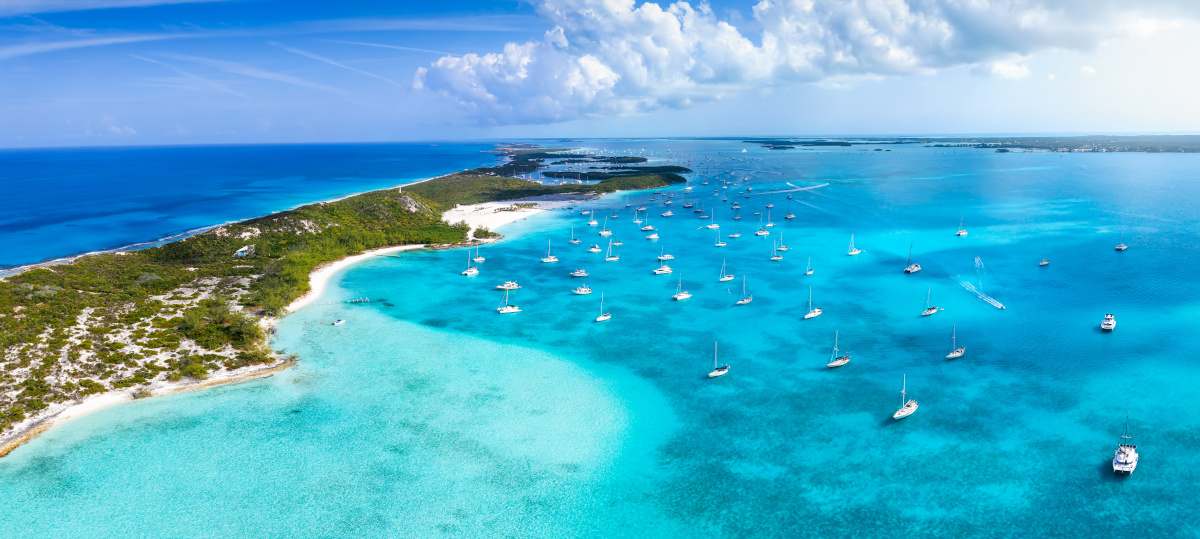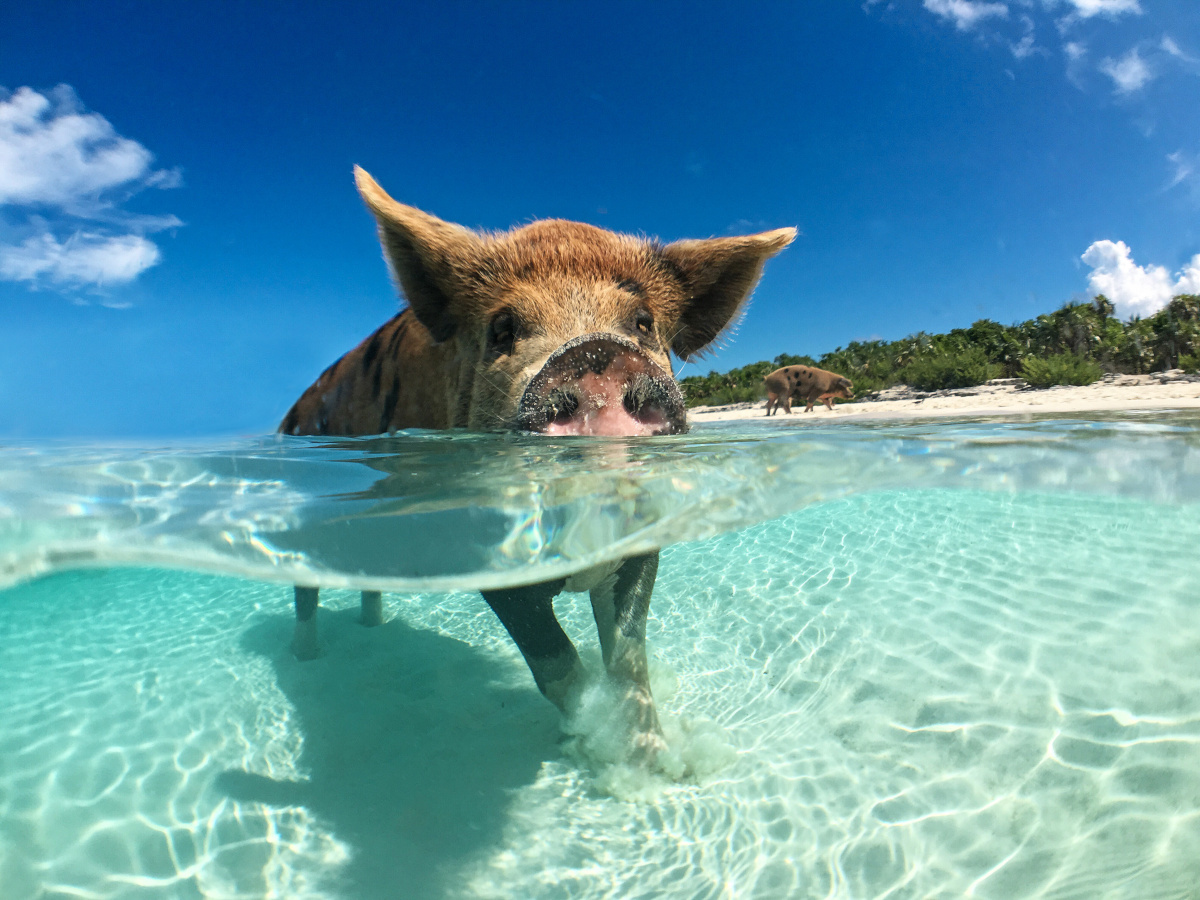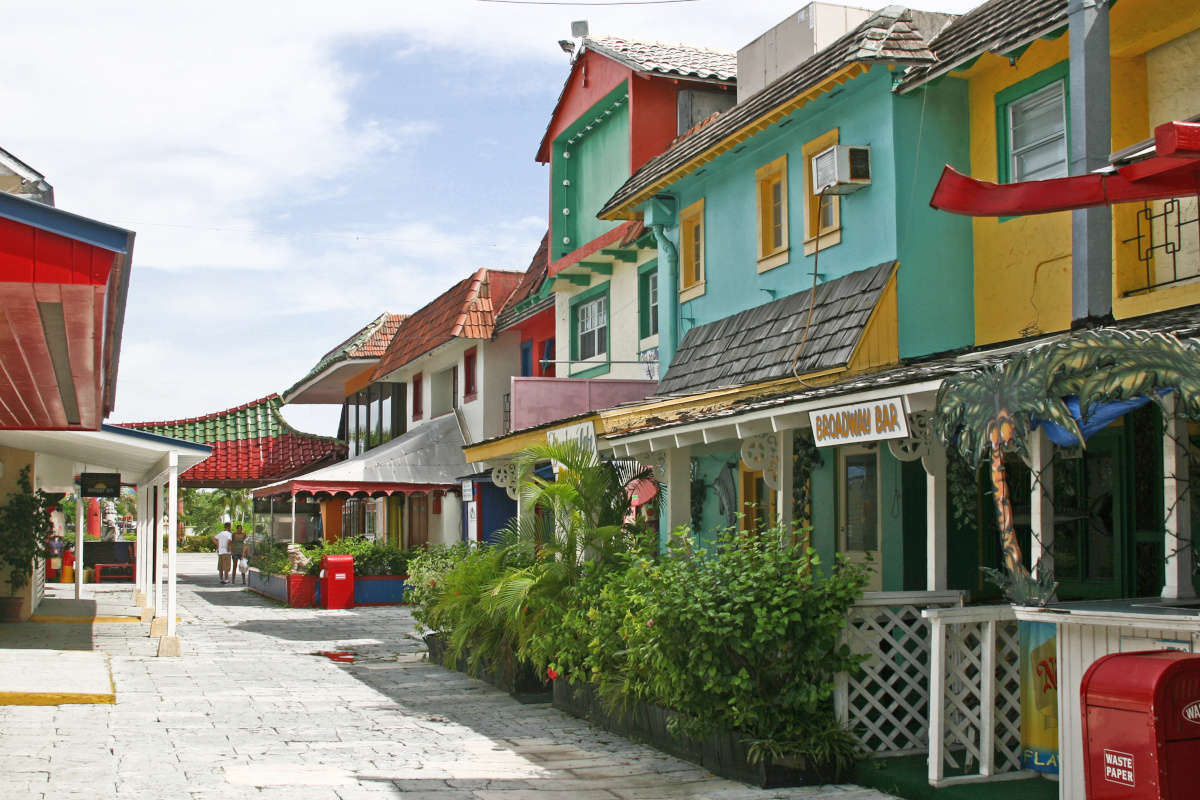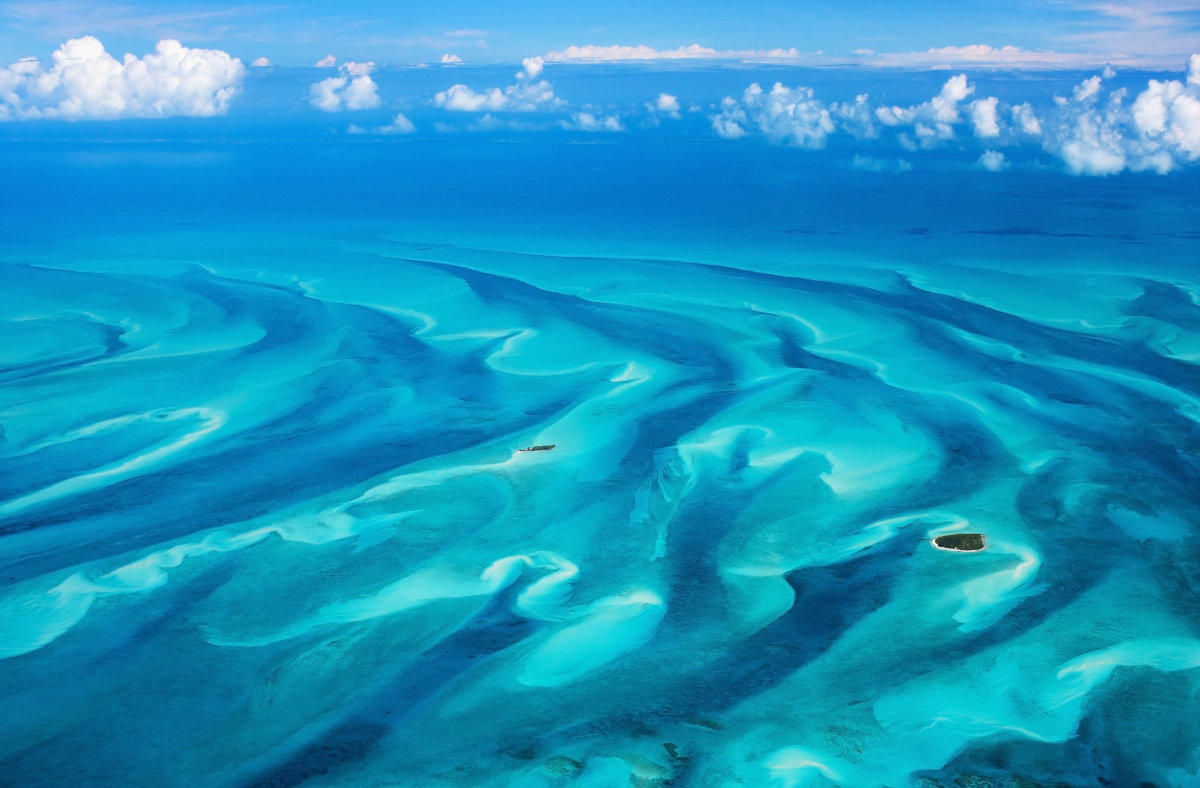
Bahamas Travel Insurance
Why Travel Insurance is Essential for the Bahamas
But even in paradise, things can go wrong. Which is why it's so essential to take out Bahamas travel insurance before you go on your trip. From medical emergencies to trip delays and cancellations, you'll want to be prepared for anything that could go wrong and prevent expensive, out-of-pocket costs. Travel insurance gives you peace of mind that will mean you can enjoy everything that a trip to the Bahamas offers

Health & Safety in The Bahamas
Medical Care and Hospitals
Like many countries, the Bahamas has a mix of both public and private healthcare facilities. Private care is more expensive, and Nassau and Freeport have the highest quality facilities (such as Doctor’s Hospital in Nassau). However, patients requiring advanced or specialized care are often airlifted to the U.S., typically to Florida. Whether it’s private or public, medical care is not free for visitors, which is why travel medical insurance for the Bahamas is so essential, as well as emergency medical evacuation cover. Costs can add up quickly, especially if you require advanced care: Air ambulances to the U.S. typically cost $20,000. Always carry proof of your insurance coverage as well as any emergency contact numbers.
Safety Advice
You might be wondering: Is the Bahamas safe? Typically, yes. However, it’s worth knowing that the U.S. State Department advises that travelers exercise caution around water sports and swimming activities in the Bahamas. Jet skis and boating are not regulated, and deaths and injuries can occur due to unsafe weather conditions, poor equipment, or recklessness. In addition, there is a fair amount of petty crime directed at tourists, such as theft. While crime can occur in any area, it’s advised to stay out of non-touristed areas to avoid gang-related crime.
The Bahamas is also prone to hurricanes and extreme tropical weather events. Hurricane season is from June to November. If you are visiting during this time, pay attention to all local advisories and be aware of your accommodation’s evacuation plan
Health Risks and Vaccinations
There are no vaccinations required to visit the Bahamas. The CDC recommends being up to date on all routine vaccinations and also being vaccinated against hepatitis A, hepatitis B, and measles, which is on the rise worldwide. In addition, the CDC recommends travelers take steps to prevent insect bites, as mosquito-borne illnesses like dengue and zika are present in the region. Finally, it’s also wise to carry a basic medical kit with common over-the-counter medication, as well as spare prescription medication or copies of your prescriptions.
Insurance Benefits and Coverage for a Trip to The Bahamas
What Does Bahamas Travel Insurance Cover?
When considering travel insurance for the Bahamas, you will want to make sure your policy covers all the areas below so that you’ll be prepared — no matter what happens during your trip.
Trip cancellation and trip interruption insurance:
Travel medical insurance:
Emergency medical evacuation insurance:
Baggage and personal belongings insurance:
Trip delay insurance:
Optional add-ons:
Choosing the Right Plan
Ripcord has a variety of plans suited for different trips to the Bahamas. For adventure travelers who want to explore the islands by ATV, or do adventure water sports, Ripcord is an extensive plan with high coverage limits and enhanced coverage, such as emergency evacuation and repatriation — perfect for trips to remote or rural destinations. Cavalry is suited for urban travelers who are seeking luxury and cultural experiences, while broadly sticking to major cities and established destinations such as the many resorts in Nassau and Freeport. Meanwhile, Harbor offers robust coverage to the budget-minded leisure traveler who may be backpacking through the Caribbean. You can compare all of Redpoint’s comprehensive plans and figure out which one might be right for your trip here.
Entry Requirements & Practical Information
Entry and Visa Requirements
No tourist visa is required for Americans to visit the Bahamas, and your passport only needs to be valid for the length of your stay. It’s a good idea to enroll in the State Department’s Safe Traveler Enrollment Plan (STEP) for up-to-date information on changing requirements and safety in the Bahamas.
What To Do in an Emergency
If you have an emergency in the Bahamas and require assistance, emergency services can be contacted by dialing 911 or 919. In addition, Redpoint offers 24/7 support on its helpline to travelers who have an emergency or need assistance. If you are having trouble locating help locally, Redpoint’s associates can help connect you to the help you need on the ground.
The U.S. Embassy is located in Nassau. Officials there can help you with passport issues, emergency assistance, and legal issues.
#42 Queen Street
Nassau, The Bahamas
Telephone: +(242) 322-1181
Emergency After-Hours Telephone: +(242) 322-1181
Popular Activities and Adventure Travel in the Bahamas
If you get bored of relaxing on white sand beaches, the Bahamas offers plenty of adventure, too. Hike and trek through lush trails in national parks like Lucayan or explore blue holes and caves on Andros. Cycle around quiet islands such as Eleuthera for scenic coastal views. Or go swimming with feral pigs (yes, pigs) in Big Major Cay, also known as Pig Beach, located in the Exuma Cays. You can also discover vibrant Bahamian culture through local tours in Nassau. Just don’t forget to make sure that your travel insurance policy will cover any extreme or adventure travel activities you plan to do.
FAQs for Bahamas Travel Insurance

Is travel insurance mandatory for the Bahamas?
What does Bahamas travel insurance cover?
How much does travel insurance cost for the Bahamas?
What happens if a tourist gets sick in the Bahamas?
Does travel insurance cover trip cancellations due to government advisories?
Can I get coverage for pre-existing conditions?
Can I buy travel insurance after arriving in the Bahamas?
Protect your trip with Redpoint travel insurance
Protecting yourself on your trip to the Bahamas requires comprehensive travel insurance, and Redpoint Travel Protection has a global reputation for providing high-quality policies to fit every traveler. It also offers 24/7 support to give travelers peace of mind and help them enjoy their trips. Explore Redpoint’s policies here.

